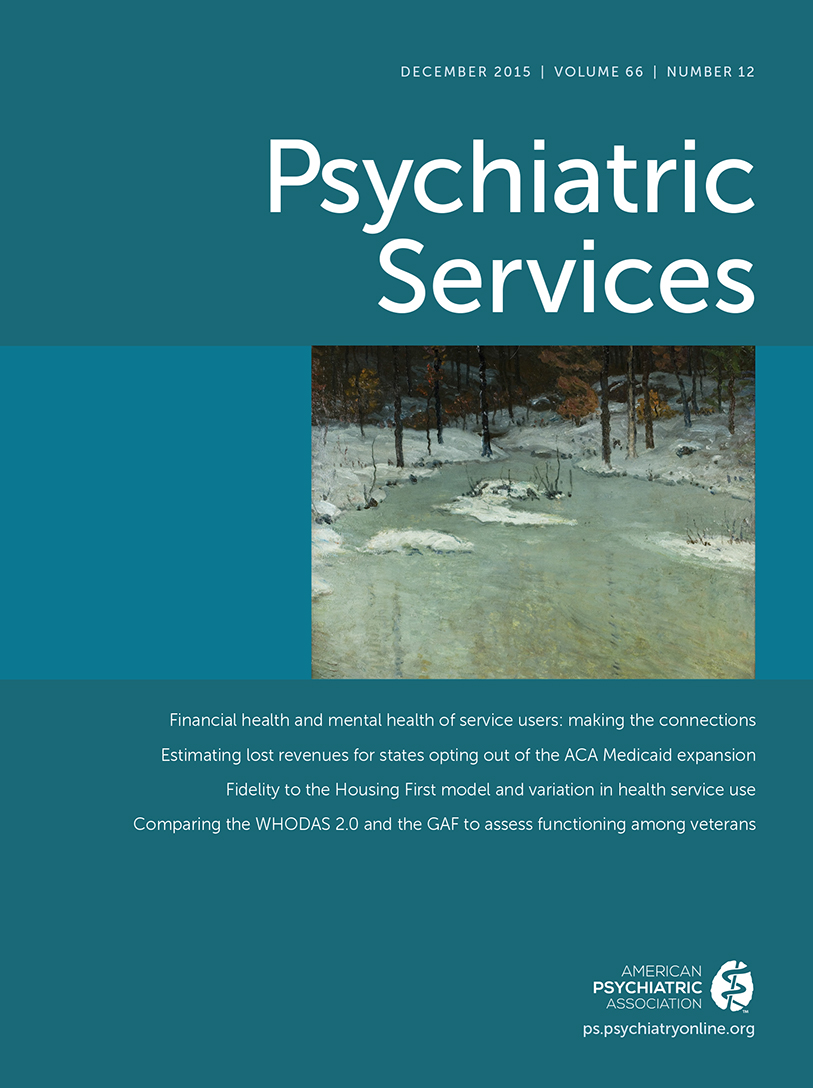Depression Remission Rates Among Older Black and White Adults: Analyses From the IRL-GREY Trial
Abstract
Objective:
This study explored whether older black and white adults with major depressive disorder differed in rates of remission or attrition during open-label treatment with venlafaxine and supportive care.
Methods:
A total of 47 black (10%) and 412 white (90%) adults age ≥60 were treated with open-label venlafaxine extended-release (≤300 mg per day) for 12–14 weeks during the initial phase of an multisite, randomized, placebo-controlled augmentation trial. Participants were help-seeking older adults with nonpsychotic major depressive disorder (single or recurrent episode) referred from specialty clinics, primary care practices, advertisements, and research programs. Remission was defined as a Montgomery-Asberg Depression Rating Scale score of ≤10 for two consecutive assessments at the end of 12 weeks. Kaplan-Meier curves displayed time to dropout and time to initial remission. Cox proportional hazards models assessed differences in attrition and remission rates.
Results:
Black participants had greater baseline general medical comorbidity, worse physical health–related quality of life, and poorer cognitive function than white participants. White participants were more likely to have received an adequate trial of antidepressant and psychotherapy before study entry. Baseline depression severity, depression duration, age at onset, and recurrence history did not differ between groups. The groups had similar final doses of venlafaxine and similar rates of attrition and remission. Side-effect profiles were comparable between the groups.
Conclusions:
Despite greater medical comorbidity, lower cognitive function, and less adequate prior exposure to antidepressant treatment and psychotherapy, black participants were no more likely to discontinue antidepressant pharmacotherapy and experienced a rate of remission comparable to white participants.



